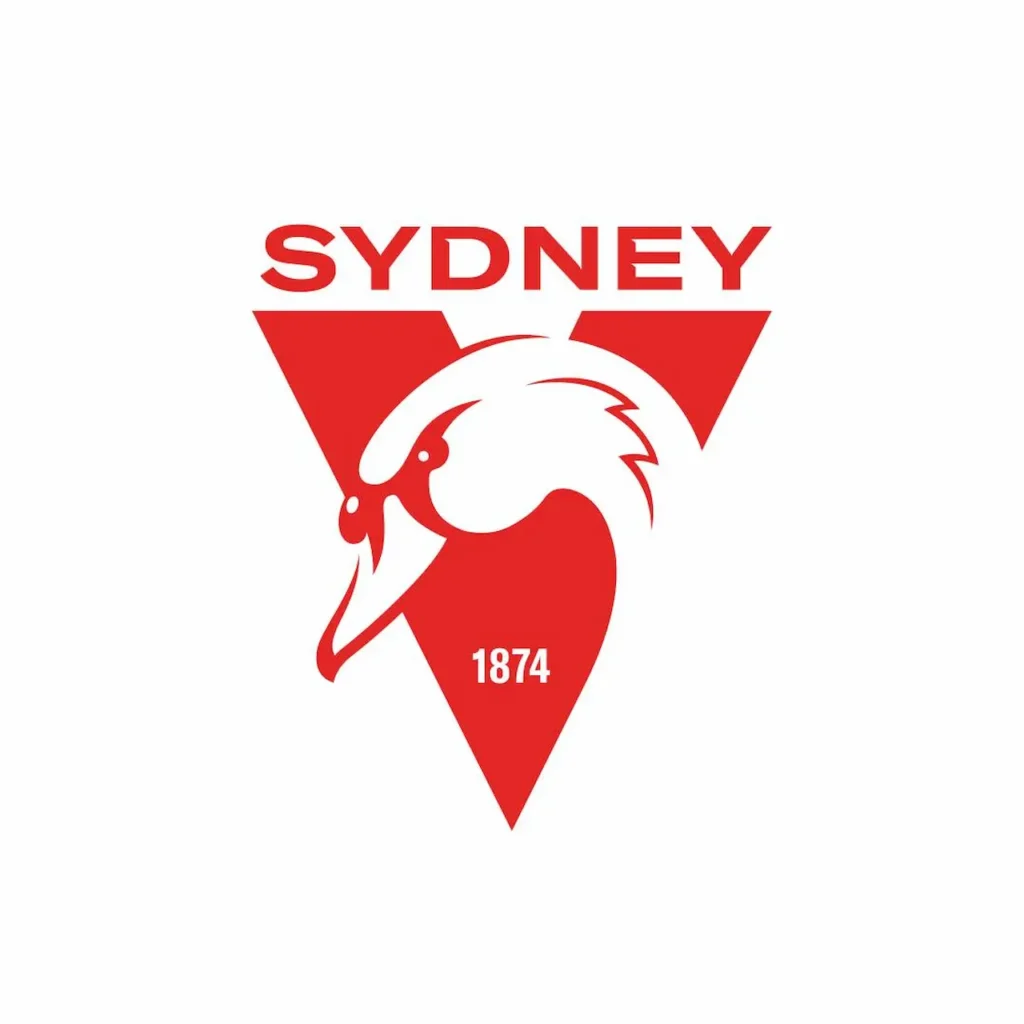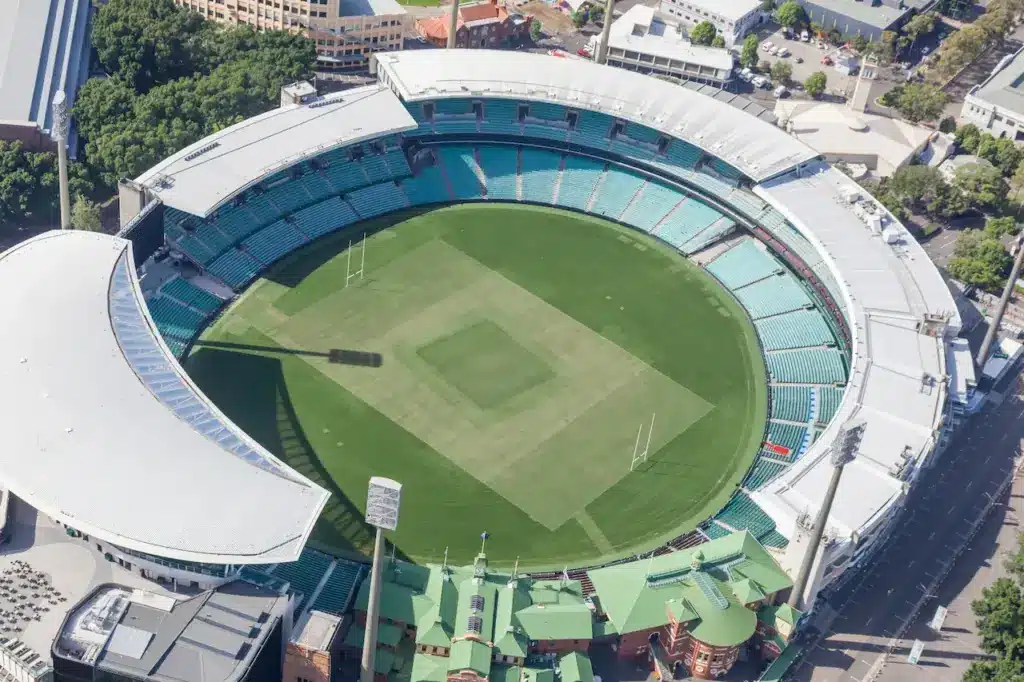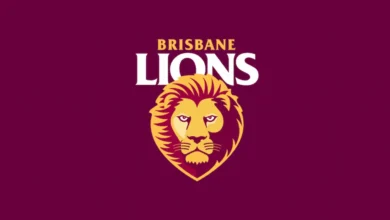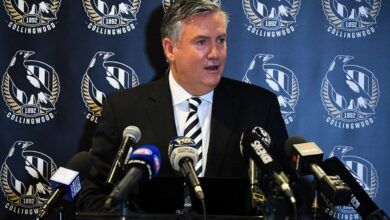The History Of The Sydney Swans Football Club
Sydney Swans Football Club: Its History
The Sydney Swans is a professional Australian Rules Football team club based in Sydney and New South Wales. The women’s AFLW team plays in the AFL Women’s League. The men’s AFL team competes under the Australian Football League. The Swans field a Reserves Men’s Team in the Victorian Football League. The Sydney Swans Academy is made up of the best signings in the club’s junior development program. They compete in Division 2 of both the men’s championship and the women’s national championships
The Sydney Swans, originally founded in 1874 as the South Melbourne Football Club, are one of the oldest and most iconic teams in Australian Rules football. The club’s history is characterized by resilience, relocation, and ultimately, triumph in the Australian Football League (AFL).

Originally based in South Melbourne, the club competed in the Victorian Football Association (VFA) before joining the Victorian Football League (VFL) in 1897. Over the decades, South Melbourne struggled to achieve sustained success, often battling financial difficulties and fluctuating performances on the field.
In 1982, the club relocated to Sydney, becoming the Sydney Swans, in a bold move aimed at expanding the reach of Australian Rules football into new territories. The transition to Sydney initially presented challenges as the club worked to establish a foothold in a city dominated by rugby league and rugby union.
Despite these challenges, the Sydney Swans gradually built a strong presence in Sydney and surrounding regions. They gained momentum under coach Paul Roos in the 2000s, reaching the AFL Grand Final in 2005, where they were narrowly defeated by the West Coast Eagles.
The breakthrough finally came in 2005 when under the coaching of Paul Roos, the Sydney Swans claimed their first AFL premiership in 72 years by defeating the West Coast Eagles in a thrilling Grand Final. This victory marked a significant moment for the club, solidifying their place in Sydney’s sporting landscape and earning them newfound respect across the AFL community.
Since their historic premiership win, the Sydney Swans have remained competitive contenders in the AFL, consistently reaching finals series and maintaining a strong supporter base in New South Wales. Their journey from South Melbourne to Sydney reflects a rich history of adaptation, perseverance, and ultimately, triumph in Australian Rules football.
Location
The Sydney Swans’ primary home ground for AFL matches is the Sydney Cricket Ground (SCG), located in Moore Park, Sydney, New South Wales, Australia. The SCG is a historic and iconic sporting venue that has been the heart of Australian Rules football in Sydney since the Sydney Swans relocated from South Melbourne in 1982.
The SCG is renowned for its rich history, having hosted numerous significant sporting events, including Test cricket matches, rugby league games, and AFL matches. For the Sydney Swans, the SCG provides a central and prestigious location for their home games, accommodating a large number of passionate supporters in its stands.
In addition to the SCG, the Sydney Swans occasionally play home games at other venues in Sydney, such as the nearby Sydney Showground Stadium in Olympic Park. However, the SCG remains the spiritual home of the Sydney Swans, symbolizing their journey and growth as a club in New South Wales and their ongoing contribution to the expansion of Australian Rules football beyond its traditional Victorian heartland.
The SCG was established in 1848 and has since become a symbol of Sydney’s sporting heritage. It has hosted countless memorable sporting moments and has undergone several renovations to maintain its status as a world-class venue.
Since 1982, the SCG has been the primary home ground for the Sydney Swans in the AFL. The Swans’ presence at the SCG has helped to popularize Australian Rules football in Sydney and surrounding areas.
The SCG has a rich history of hosting rugby league matches, including NRL fixtures and State of Origin games. It has also hosted international rugby union matches and occasional soccer matches, attracting diverse sporting audiences.
The SCG boasts state-of-the-art facilities, including seating for over 48,000 spectators, corporate hospitality areas, and modern amenities for players and fans. The historic Members Pavilion and Noble Stand add to the venue’s charm and prestige.







